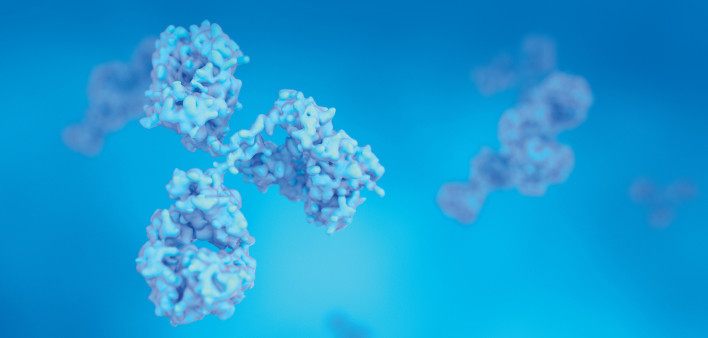Broadly neutralizing antibodies (bnAbs) show promise as a treatment for children with HIV, and they may help bring about long-term remission.
Antiretrovirals can keep HIV replication under control during treatment, but the virus inserts its genetic blueprints into the DNA of human cells and establishes a long-lasting reservoir that makes a cure nearly impossible. People with HIV normally produce antibodies, but these usually don’t recognize new viral mutations. However, a small proportion of people make bnAbs that target parts of the virus that don’t change much. Modified versions of these antibodies are being tested for HIV prevention and treatment.
The Tatelo Study evaluated a pair of bnAbs known as VRC01LS and 10-1074 in 28 children ages 2 to 6 in Botswana. They started oral antiretroviral therapy within the first week after birth, continued treatment for at least two years and had an undetectable viral load. They received the bnAbs by intravenous infusion once monthly. The antibody treatment overlapped with antiretrovirals for at least eight weeks, and three children experienced viral rebound during this time.
The remaining 25 children who still had an undetectable viral load then stopped antiretrovirals and continued to receive the two bnAbs alone. Eleven of them (44%) maintained viral suppression for six months, while 14 experienced viral rebound. Children who had a smaller viral reservoir at birth and sustained viral suppression throughout early life were more likely to maintain suppression after stopping antiretrovirals. The antibody treatment was generally safe and well tolerated, and some parents said they preferred monthly infusions rather than giving their children oral meds every day.







Comments
Comments